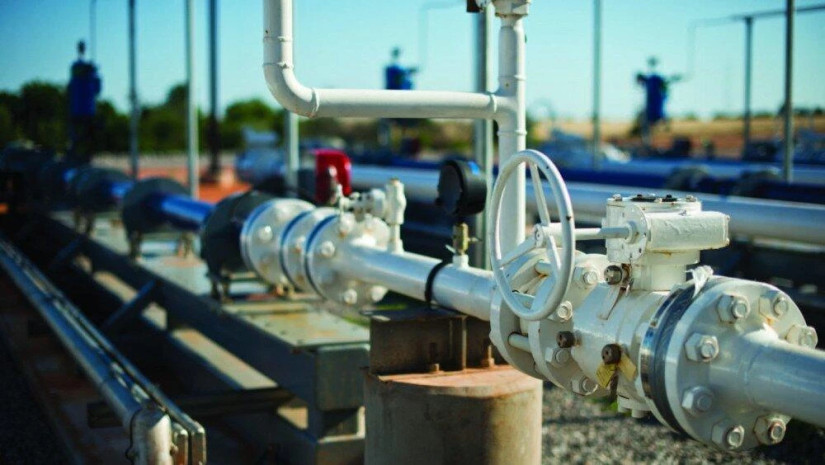Iraq’s Oil Minister, Hayan Abdul Ghani, has announced the official start of transferring oil from the Kurdistan Region to the Iraqi Oil Marketing Company (SOMO)—a critical step toward reviving oil exports through Turkey’s Ceyhan port.
He also noted that discussions are in progress over financial debts owed to the Kurdistan Regional Government (KRG). “The debts owed to the Kurdistan Region will be agreed upon,” the minister said, without specifying a timeline or terms.
This marks a significant milestone in resolving a protracted dispute between Baghdad and Erbil over oil revenues and exports. Oil flows from the Kurdistan Region have been suspended since March 2023, after Turkey halted operations at the Ceyhan pipeline in response to an international arbitration ruling favoring Iraq.
Although no official date has been set for the resumption of exports, the transfer of oil to SOMO indicates renewed momentum in talks between the federal government and the KRG.
On February 2, 2025, the Iraqi parliament passed an amendment designed to help restart oil exports from the Kurdistan Region. Kurdish MP Dilan Ghafoor told Peregraf that the amendment, introduced by the Iraqi government, sets production and transportation costs for the region’s oil at $16 per barrel, covered by the Iraqi Ministry of Finance.
Both the KRG and oil companies have welcomed this measure as an important move toward restoring exports. However, the $16 per barrel figure is only provisional. Within 60 days, a jointly approved specialist firm will carry out an independent evaluation to establish the actual production and transportation costs for Kurdistan’s oil fields.
Observers note that addressing financial and logistical issues quickly is essential, given the heavy reliance of Baghdad and Erbil on oil income. The Kurdistan Region is currently battling a deep financial crisis due to the export halt, affecting salary payments and public services.
Global markets are also watching developments closely, as Iraq—one of OPEC’s major producers—aims to restore its full export capacity amid fluctuating global oil prices.



